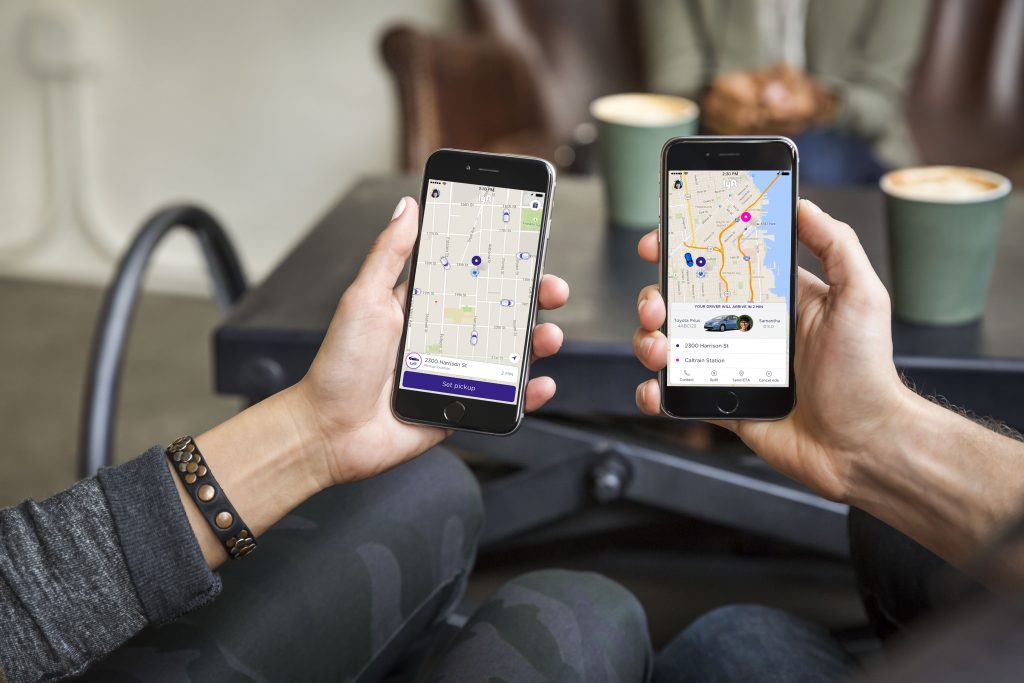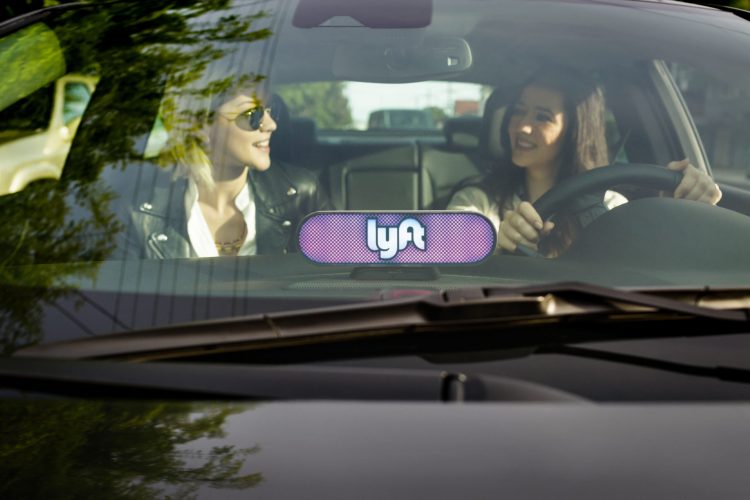Everyone seems to be focusing on self-driving technology these days. Some have the advantage of technology such as Nvidia who has the processing power whilst others may have the automotive production and industry know-how such as GM (General Motors) and Volvo. Others have the sheer amount of data such as traffic conditions, traffic flows and billions of miles covered. Together, they make a worthy partnership but alone, it gets tougher. Lyft who falls under the category of having plenty of data thanks to its ride-sharing app, wants to join in on the self-driving bandwagon as well.
Self-driving technology also isn’t exactly very new to Lyft after having partnered with GM to launch an on-demand network of autonomous cars. You can find them in San Francisco and Phoenix in the US for such vehicles. That alone isn’t enough as Lyft targets that within the next 5 years, the majority of their rides will be in self-driving cars.
 Elon Musk of Tesla also predicts that with the caveat that it will be private car owners who will be sharing out their cars when self-driving cars become wide spread. Lyft thinks otherwise because a source of just privately owned cars may not necessarily meet the demands of the public.
Elon Musk of Tesla also predicts that with the caveat that it will be private car owners who will be sharing out their cars when self-driving cars become wide spread. Lyft thinks otherwise because a source of just privately owned cars may not necessarily meet the demands of the public.
“Elon is right that a network of vehicles is critical, but the transition to an autonomous future will notoccur primarily through individually owned cars. It will be both more practical and appealing to access autonomous vehicles when they are part of Lyft’s networked fleet.
Why? For starters, our fleet will provide significantly more consistency and availability than a patchwork of privately owned cars. That kind of program will have a hard time scaling because individual car owners won’t want to rent their cars to strangers. And most importantly, passengers expect clean and well-maintained vehicles, which can be best achieved through Lyft’s fleet operations,” said John Zimmer, co-founder of Lyft on his blog.
 While Lyft may be late to the game compared to players such as Waymo (formerly part of Google’s self-driving car initiative) who started in 2010. More and more players are slowly investing more cash into this venture. Even Uber, Lyft’s competitor has had a shaky start thanks to a lawsuit by Waymo but they have had 2 years of trials since 2015 before Lyft started going into the technology.
While Lyft may be late to the game compared to players such as Waymo (formerly part of Google’s self-driving car initiative) who started in 2010. More and more players are slowly investing more cash into this venture. Even Uber, Lyft’s competitor has had a shaky start thanks to a lawsuit by Waymo but they have had 2 years of trials since 2015 before Lyft started going into the technology.
John Zimmer predicts that car ownership in the US will drop and by the next 10 years, all of Lyft’s rides will be purely through autonomous vehicles. I can’t help but actually look forward to a world like that in the near future.


